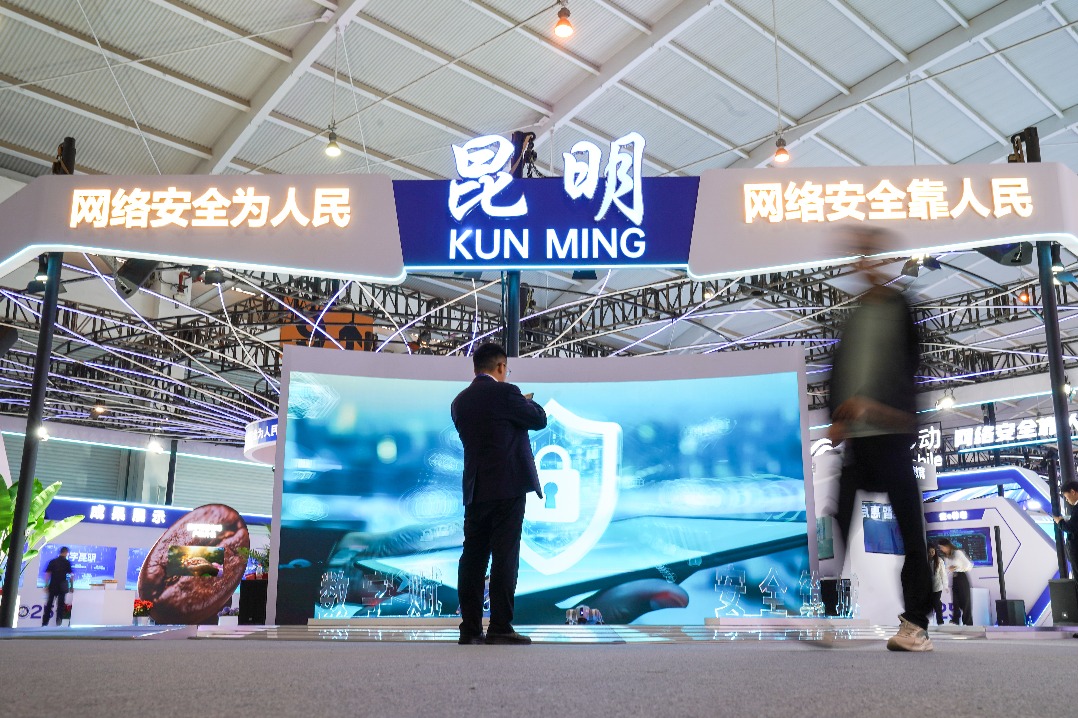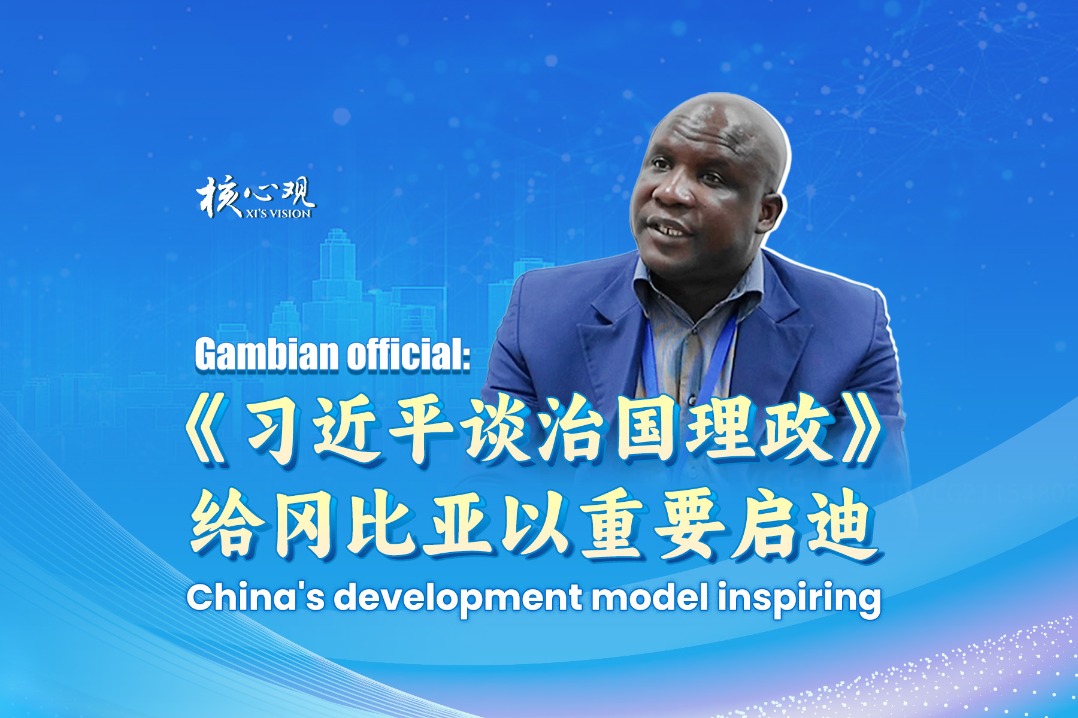Merck aims to partner with pharma innovators

Germany-headquartered technology giant Merck has set its sights on becoming the "best partner of choice" in the pharmaceutical industry, leveraging its global commercialization capabilities to support Chinese medical innovation on the world stage, a senior executive said.
China's pharmaceutical sector has witnessed remarkable innovation over the past decade. The trend of strong growth in overseas licensing deals for Chinese innovative therapies will continue from this year into next, allowing more Chinese innovations to reach global markets, the executive said in an interview in Shanghai.
"The healthcare industry has experienced unprecedented transformations in recent years, driven by breakthroughs in novel treatment methods, such as mRNA, cell therapy, gene therapy and antibody-drug conjugates," said Hong Chow, executive vice-president and head of China and international of Merck Healthcare, during a recent interview.
"Also, besides the rising productivity of established biotech companies, we are excited to see vibrant startups founded by young Chinese scientists, showcasing significant diversity in therapies, technologies, research stages, and disease areas. We are eager to collaborate with more local innovators to integrate Chinese innovation into the global value chain," she said.
An official from the National Healthcare Security Administration said that Chinese pharmaceutical companies completed over 90 overseas licensing deals in 2024, totaling $50 billion. In the first half of this year, the Chinese innovative drug sector secured more than 50 global partnerships, amounting to over $48.4 billion.
Scott Gottlieb, former United States Food and Drug Administration chief, said at the JPMorgan Healthcare Conference in January that over half of the molecules involved in applications for new drug research approved in the US last year originated from China.
However, differences in culture, commercial models, and regulatory and market access mechanisms pose challenges for Chinese enterprises venturing abroad. Chow emphasized that foreign pharmaceutical companies can assist local firms in rapidly accumulating overseas clinical development and commercialization experience, enhancing their international reputation and brand influence.
With a commercial presence in 65 countries, Merck boasts a deep understanding of complex healthcare systems across different regions, and possesses efficient experience in engaging with regulatory bodies, along with cultural adaptability.
"Expanding globally involves a complex process," Chow explained. "Each country has its own unique system, pricing, and reimbursement, and healthcare framework. For instance, the European market comprises 32 distinct national markets, each with different development paces requiring different access and go-to-market strategies."
Conducting clinical research in various countries and regions also presents complexities, she said. For example, clinical trials without patient informed consent will hinder approvals in the US and the European Union. German drug reimbursement regulations mandate that at least 5 percent of participants must be from Germany in any clinical trial.
Chow emphasized that high-quality Chinese innovations are highly sought after by multinational companies. With over 90 years of operations in the China market, Merck is actively evaluating external collaboration projects, striving to leverage its own R&D expertise while monitoring external developments to uncover opportunities in Chinese R&D innovation.
"The company has set a target that 50 percent of its innovations will come from external sources, applying the same evaluation criteria to both internal and external innovations," she said.
While selecting partners, Merck tailors its focus based on different market perspectives. For instance, some products developed in China for global markets are evaluated for their global competitive edge, preferably being either first-in-class or best-in-class. Some others, valuable to emerging markets like the Middle East, Latin America and Asia-Pacific, are assessed for their affordability and competitive pricing compared with offerings by multinational giants and addressing unmet needs, she said.
Since 2023, Merck has partnered with three Chinese pharmaceutical enterprises to codevelop, produce and commercialize innovative drugs. One example is Pimicotinib, a small molecule inhibitor discovered by Shanghai-based Abbisko Therapeutics Co Ltd, which shows potential as a best-in-class treatment for tenosynovial giant cell tumor worldwide.
"Its best-in-class potential led to our collaboration with Abbisko in 2023 to advance its commercial development," said Chow, adding that Merck's application for marketing authorization has been accepted in China, following granting of priority review. "In parallel, we are working to file a new drug application to the US FDA, with additional filings planned in other markets."
Today's Top News
- China's V-Day commemorations enhance confidence in advancing national rejuvenation: Xi
- Sailing together for a sustainable ocean economy
- Tech helps agriculture record new highs
- China and EU urged to resist tariffs abuse
- Initiative hailed as pathway to revitalizing multilateralism
- 'Transparent kitchens' win diners' trust via openness






























